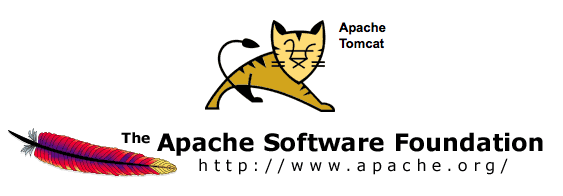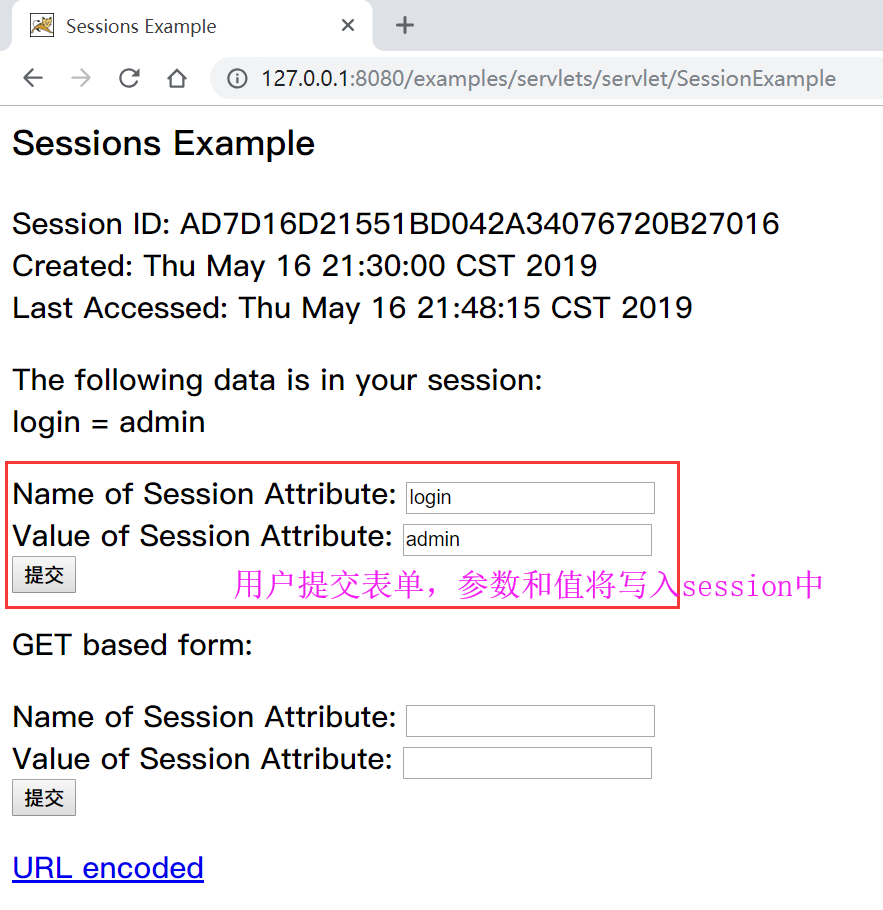

Each vulnerability is given a security impact rating by the.

(2) By default, the response generated by a Servlet does depend on the HTTP method. This page lists all security vulnerabilities fixed in released versions of Apache Tomcat 7.x. JSPs used as error pages must must ensure that they handle any error dispatch as a GET request, regardless of the actual method.

Notes for other user provided error pages: (1) Unless explicitly coded otherwise, JSPs ignore the HTTP method. Depending on the original request this could lead to unexpected and undesirable results for static error pages including, if the DefaultServlet is configured to permit writes, the replacement or removal of the custom error page. If the error page is a static file, expected behaviour is to serve content of the file as if processing a GET request, regardless of the actual HTTP method. This means that the request is presented to the error page with the original HTTP method.

The error page mechanism of the Java Servlet Specification requires that, when an error occurs and an error page is configured for the error that occurred, the original request and response are forwarded to the error page. Custom Servlets used as error pages must ensure that they handle any error dispatch as a GET request, regardless of the actual :tomcat-catalina is a Tomcat Servlet Engine Core Classes and Standard implementations.Īffected versions of this package are vulnerable to Access Restriction Bypass. (2) By default, the response generated by a Servlet does depend on the HTTP method. The Default Servlet in Apache Tomcat 9.0.0.M1 to 9.0.0.M20, 8.5.0 to 8.5.14, 8.0.0.RC1 to 8.0.43 and 7.0.0 to 7.0.77 did not do this. This page contains detailed information about the Apache Tomcat 7.0.x < 7.0.82 / 8.5.x < 8.5.23 Multiple Vulnerabilities Nessus plugin including available exploits and PoCs found on GitHub, in Metasploit or Exploit-DB for verifying of this vulnerability. Session fixation vulnerability in Apache Tomcat 7.x before 7.0.66, 8.x before 8.0.30, and 9.x before 9.0.0.M2, when different session settings are used for deployments of multiple versions of the same web application, might allow remote attackers to hijack web sessions by. This means that the request is presented to the error page with the original HTTP method. apache tomcat 7.0.59 vulnerabilities and exploits. It is, therefore, affected by the following vulnerabilities : - A NULL pointer dereference flaw exists when the SSLv3 option isn't enabled and an SSLv3 ClientHello is received. The error page mechanism of the Java Servlet Specification requires that, when an error occurs and an error page is configured for the error that occurred, the original request and response are forwarded to the error page. According to its self-reported version number, the Apache Tomcat service listening on the remote host is 7.0.x prior to 7.0.60.


 0 kommentar(er)
0 kommentar(er)
